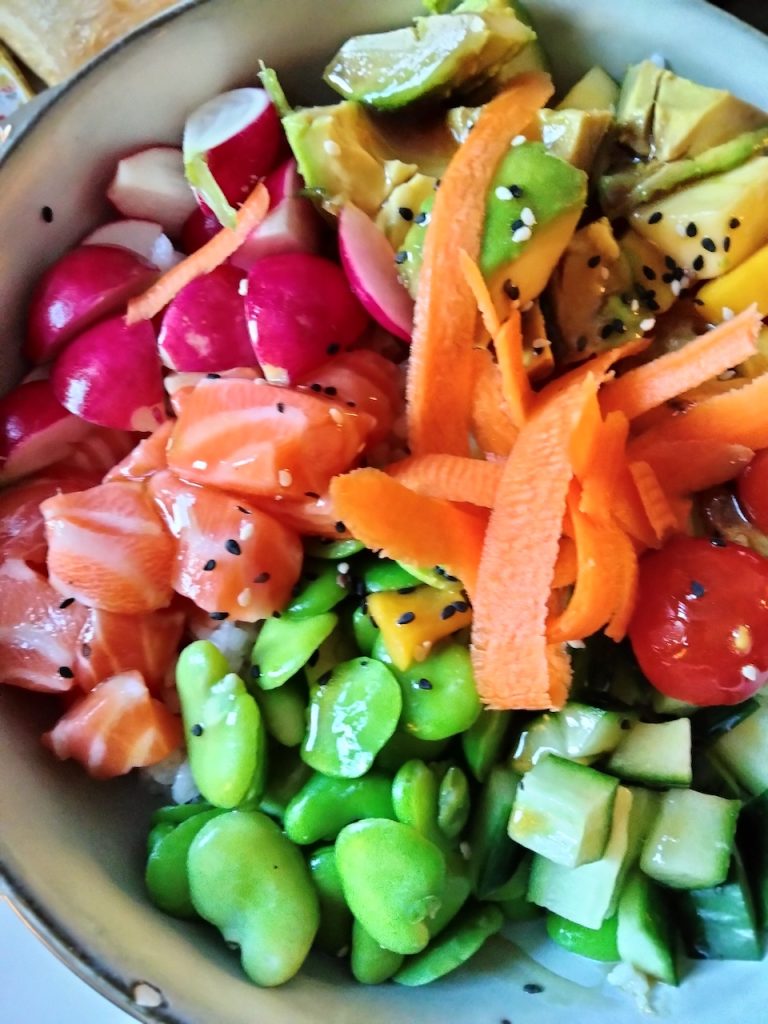Greek Yogurt Information and Recommendations
Do you love Greek yogurt (Greek-style yogurt)? It’s all the rage these days…pushing regular yogurt to the back of the shelf. In fact, it accounts for 1/3 of the yogurt in a typical grocery store. It’s thick and creamy, satisfying and, if you choose wisely, a very healthy snack choice or meal accompaniment. That said, don’t go crazy just yet – there is a huge difference among brands. Educate yourself before you buy. Greek yogurt brands are NOT all equal when it comes to taste, quality or nutritive value.
Greek Yogurt: Traditional versus ‘Faux’
Greek yogurt is traditionally made by straining regular yogurt to remove some of the liquid whey, leaving behind the thick, concentrated solids. This process increases the protein content significantly (15 to 20 grams per 6-oz. serving) but slightly decreases the calcium content (15 to 20% of the Recommended Daily Value or 150 to 200 mg of calcium per serving). Strained Greek yogurt is very similar to Icelandic-style skyr.
Faux Greek-style yogurt is made by adding thickeners to regular yogurt, such as inulin, cornstarch, gelatin and/or pectin. Manufacturers may add whey protein concentrate to bump the protein content up. If not, it will offer the same amount of protein as traditional yogurt, about 6 to 8 grams per 6-oz. serving. More protein per serving is one of the main benefits of choosing Greek yogurt! Unstrained yogurt with added thickeners also contains the same amount of calcium as regular yogurt (25 to 30% of the Recommended Daily Value or 250 to 300 mg per serving).
Greek Yogurt: General Nutrition Information
Greek yogurt can vary in calories, particularly depending upon whether or not you choose sugar-sweetened. Personally, I recommend steering clear of artificially sweetened Greek yogurt, which tastes a bit ‘too’ sweet. Most light varieties are usually made with a combination of artificial sweeteners. These days, folks are second-guessing whether loading up on artificial sweeteners is wise as new research emerges. You can stay conservative on calories, without limiting yourself to only light Greek yogurt varieties.
Most Greek yogurt varieties range from ‘bite-sized’ 3.5-oz servings all the way to generous 8-oz servings. Therefore they range in calorie content, starting at 90 calories and going all the way up to 280 calories. Per serving, Greek yogurt also varies in saturated (bad) fat content, ranging from 0 to 12 grams; a protein content of 6 to 20 grams; a calcium content of 100 to 350 mg and a sugar content of 1 to 4 tsp (includes natural and added sugars). In general, Greek yogurt is lower in carbohydrate than regular yogurt (comparing plain, non-flavored varieties). Stay tuned for ‘Best Picks.’
Our ‘Best Picks’ piece will include a review of dairy-free, lactose-free Greek yogurt substitutes, made with cultured almond, rice or soy milk.
Drawbacks? For those who do not like Greek yogurt and prefer traditional yogurt, particularly more exotic flavors as well as ready-to-eat puddings, etc., may be in a bind. Companies, such as Danone (makers of Oikos) and Stoneyfield Farm are being forced to limit production and eliminate less popular flavors of traditional yogurt to keep up with the Greek yogurt craze…to read more on this in an article published online (Wall Street Journal).









